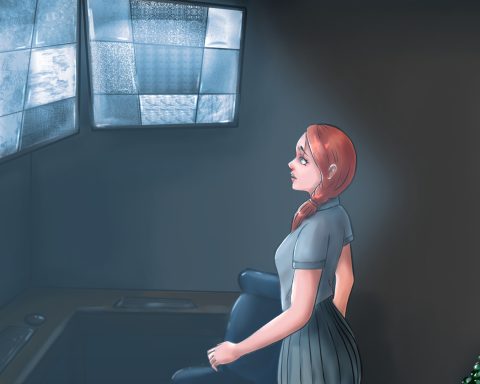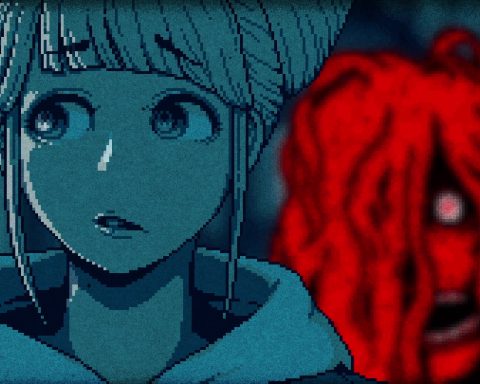Retro reflections by Matt S.
FromSoftware did not spring into existence with Dark Souls. No, Demon’s Souls wasn’t even its first game. Not many people were, perhaps, as familiar with FromSoftware prior to hitting the big time with those gothic nightmares, but in actuality, the developer was already a favourite with a niche audience, producing critically-panned cult favourites. Games such as King’s Field and Armored Core. Games that I would argue would find new resonance now that people are attuned to the way FromSoftware make games.
Today I would like to hone in on one particular FromSoftware property, and one that has been all-but forgotten at that. Do you remember the Lost Kingdoms franchise? Probably not, right? To play either of the games produced in that franchise you needed to own a Gamecube, for a start, and then you needed to be aware that these games existed. They weren’t exactly the most publicised games through the media, and were released in very limited quantities indeed; I remember never seeing the second new on shelves, and was only able to get a copy of that second hand.
But, if you had discovered those games, boy were you in for a good time. To this day I wish FromSoftware would dust of the franchise and give it another go, because I do think it would still resonate today.
To read on, please log in with your DDNet Premium account:










